The Pelican Inn, on the corner of St Mary Street and Pitt Street, is listed as being in Water Street in 1830 and 1856. Water Street later became St Mary Street. The address of the pub is given as 6A St Mary Street in 1936 and 4 St. Mary Street in 1957.
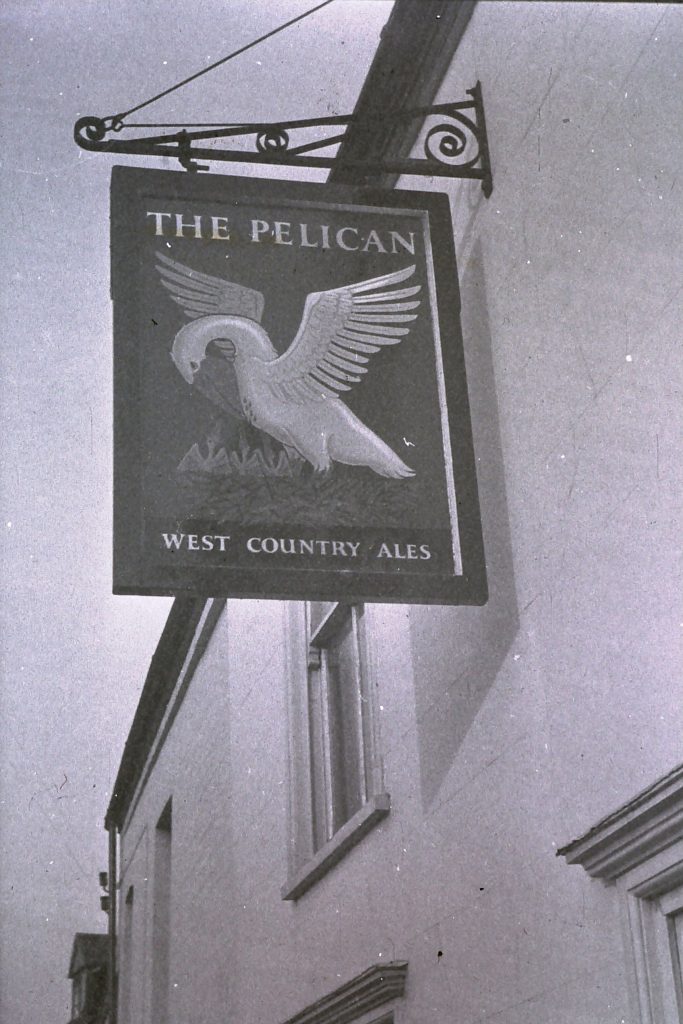
Gloucester Journal, Saturday 23rd June 1900:
Bruton, Knowles and Co, are instructed by Mr A. Gyde, who is retiring from business, to sell by auction at The New Inn Hotel, Gloucester, on Wednesday 11th July 1900, at 3 for 4 o’clock, THE PELICAN, a valuable Freehold Fully-Licensed Inn and Premises, occupying an excellent position at the corner of St. Mary’s Street and Pitt Street, and containing on ground floor, bar, bar parlour, smoke-room and kitchen, and on the first floor, club room 28 feet long, sitting room, three bedrooms, office or box room, and store-room; together with a large arched cellar having rolling way from yard. In the rear is a brewhouse with water supply and a pump with excellent supply of water, and also large yard garden, having double door entrance from Pitt Street, with coal-house, fowls’ house, two W.C.’s, etc. The property has frontage of about 67 feet to Pitt Street and about 41 feet into St Mary’s Street, and has a total area of about 470 square yards. The extensive cellar and yard afford unusual facilities for storage. Possession on completion, or earlier by arrangement. Further particulars of the Auctioneers or W. Lagley-Smith, Esq., Solicitor, Westgate Chambers, Gloucester.
The earliest known reference to the Pelican is from 1679 which list the premises simply as in the ‘north ward’. Darrel Kirby did extensive research into the history of the Pelican for his book ‘The Story of Gloucester’s Pubs’ (The History Press, 2010). An extract reads: ‘It is claimed that the Pelican uses beams from Sir Francis Drake’s ship, the Golden Hind, in its construction. This perhaps sounds a little far-fetched, but there may be something in it when you consider the name of the pub. What has a boozer in Gloucester got to do with a large-beaked tropical water-fowl? Well, when Sir Francis Drake set off on his global circumnavigation in 1577 he did so on an English galleon called Pelican. He renamed the ship mid-voyage to the Golden Hind. The voyage completed in 1580 and the Golden Hind remained rotting away in Deptford Docks for about the next 100 years until it was broken up – that brings it spookily close to the first date that I have found for the pub.’
When the rendering of the Pelican was being repaired in 1967 the original timber frames were briefly uncovered. It was agreed that the timbers were of 16th century origin but the beams were found to be rotting and were in poor condition.
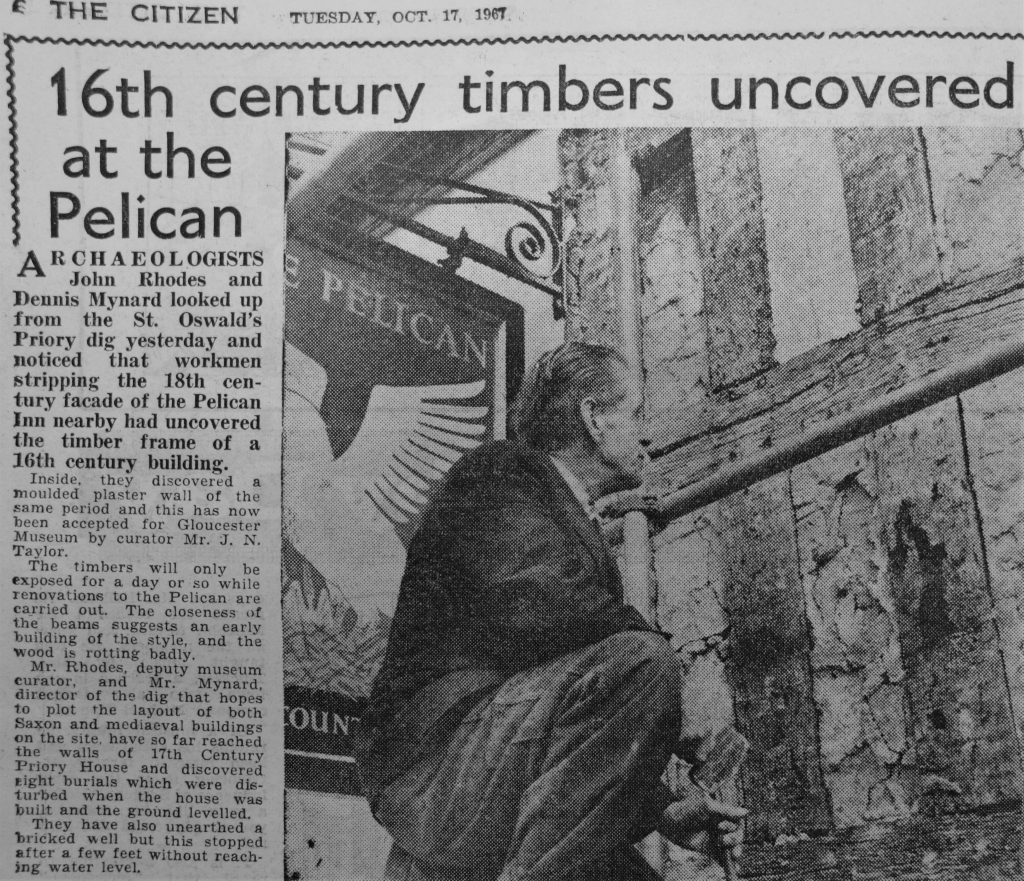
The Pelican once brewed its own beer. An advertisement in 1873 gives the following details: ‘Belchers’ Pelican Inn, Water Street, Gloucester. Choice Wines, Excellent Spirits, Home Brewed Beer. Every accommodation for Commercial Gentlemen.’ ‘Belchers’ was Charles Belcher, recorded as landlord in 1856 and 1859. An advertisement for G Cummings, malt & hop merchant, confirms the Pelican was being supplied with raw materials for brewing. To the rear of the pub a flight of steps now goes up to a function room / spare bar. Could this have been the brewhouse? Charles Belcher died on 28th December 1870, perhaps home brewing ceased on the premises on his passing and the 1873 reference is erroneous. 150 years or so has passed since brewing ceased at the Pelican, a definitive date will probably never be known.
The Pelican Inn was acquired by Arnold, Perrett & Co. Ltd., Wickwar Brewery. The Pelican became a Cheltenham Original Brewery pub when Arnold, Perrett & Co were acquired in 1924. In then had a long association with the Cheltenham brewery, passing through West Country Ales and Whitbread Flowers ownership.
After the Beer Orders of 1989 when Whitbread had to dispose of many of their pubs to keep their tied estate below the permitted threshold, the Pelican Inn was purchased by Banks’s Brewery of Wolverhampton. This was greeted with much enthusiasm within the real ale fraternity locally, Banks’s then being a respectable regional brewery serving their bitter and mild in oversized glasses at competitive prices – justifiably living up to their slogan ‘unspoilt by progress’. Other Gloucester inns acquired by Banks’s in the disposal of pubs by Whitbread included the Lower George in Westgate Street and the Victoria in Oxford Street. Banks’s refurbished the Pelican and changed the name to the College Arms, presumably in attempt to eradicate any negative images that had become associated with the clientele frequenting the Pelican previously.
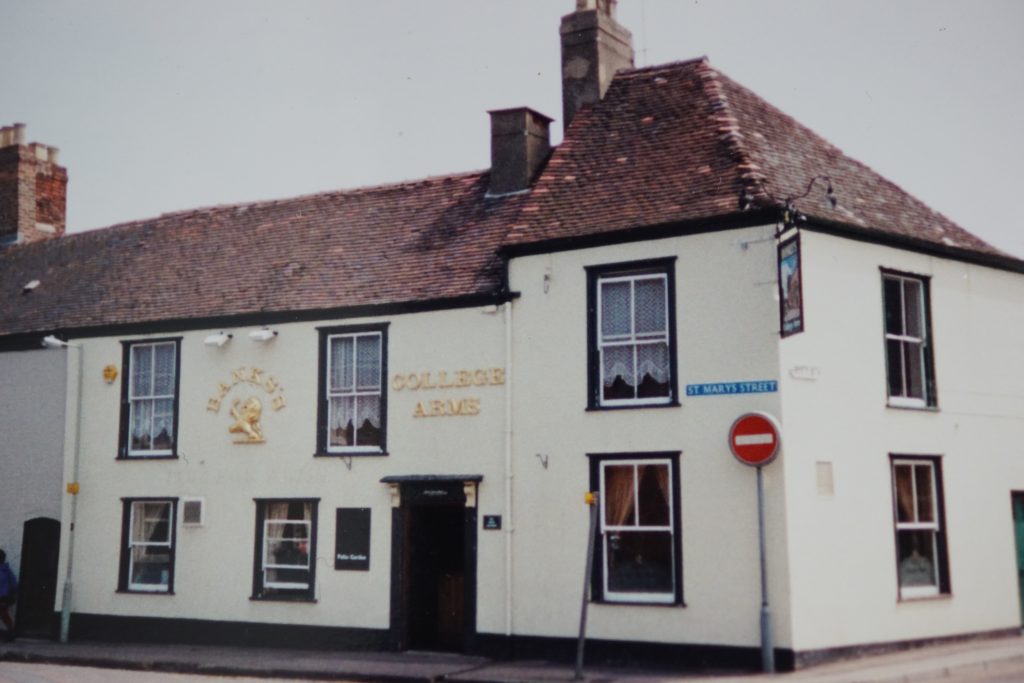
In February 1999, a new tenant took over as licensee and made a few changes to the College Arms including converting the former pool room to a bar/dining room and moving the pool room upstairs. She had tales to tell about a previous landlord, an Irishman, who allegedly often opened the pub at 7 o’clock in the morning for his mates to drink. She said, “To say it was a rough pub in those days would be an understatement. The police used to reckon that if they ever wanted to find a villain, they would find him there. I’ve heard stories that various stolen goods were often displayed on the pool table for sale.”
At an unknown date Wolverhampton & Dudley Breweries (Banks’s) sold the College Arms, and perhaps their other Gloucester pubs, to Avebury Taverns – a pub company. Avebury Taverns are confirmed owners in 2001.

The fortunes of the pub had gone into decline again by the summer of 2006. A ‘concerned resident’ wrote to the ‘Citizen’ complaining about travellers frequenting the College Arms. She wrote: “Around eleven o’clock we experience a mass exodus of extremely loud, horn-blasting men who leave behind fast food cartons, chip papers, beer glasses on window-sills, horse urine and manure all over the pavements.”
April 2007 saw the pub being re-invented ab the Old Pelican Inn & Bistro, and it claimed to be Gloucester’s only organic restaurant.

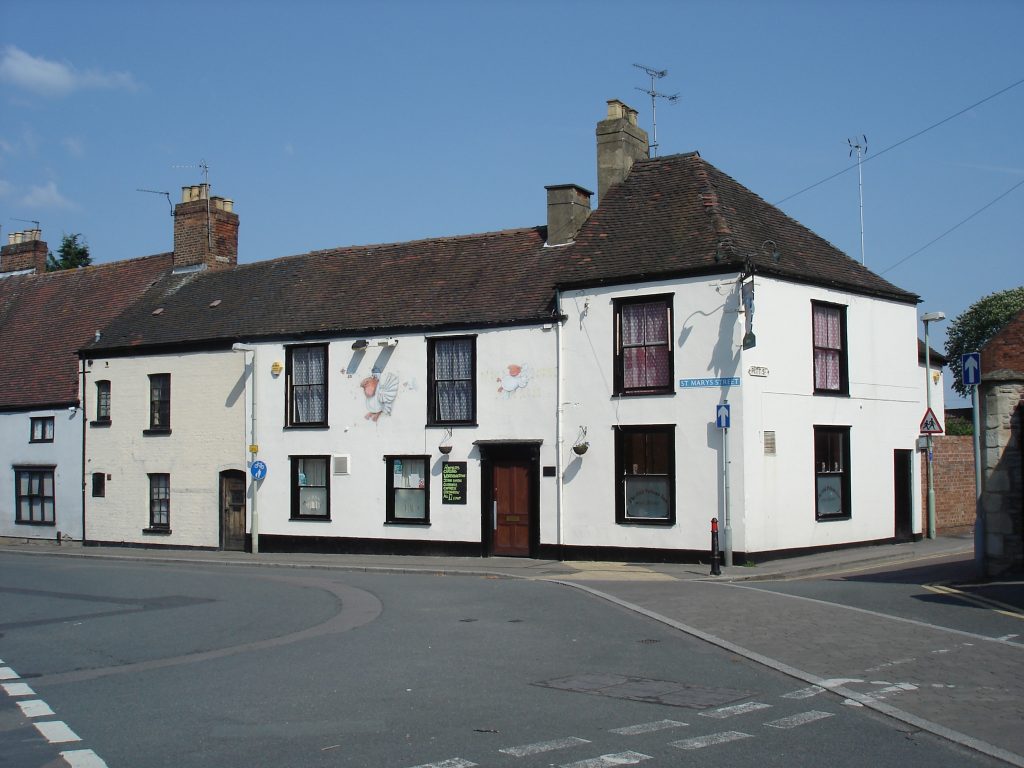
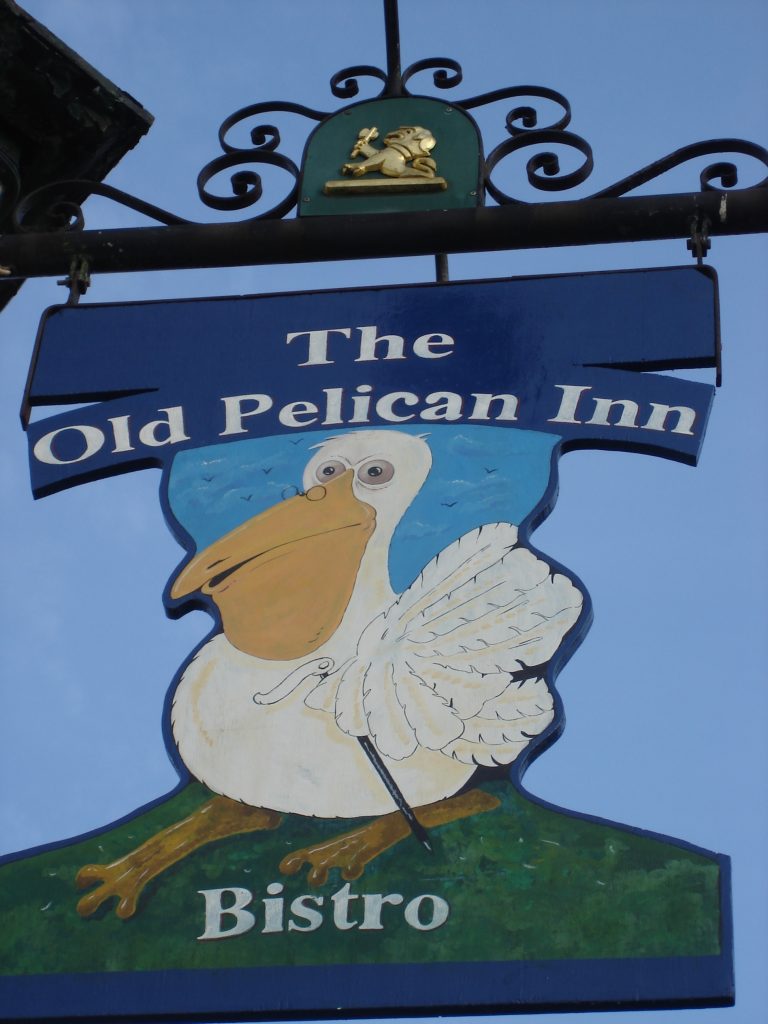
In March 2008 Paul Smith and his partner Alison Hallett took over the pub, and immediately vowed to return it to a ‘proper British boozer’. The name was changed back to the Old Pelican Inn. Paul Smith told the ‘Citizen, “We’ll be doing karaoke, quiz nights, darts and proper traditional food including specials like sausage and mash, liver and onion and lasagne.” When Paul Smith commented to the ‘Citizen’ newspaper that the expected upturn in trade at the Old Pelican had not materialised, the local paper initiated a ‘Save Our Pubs’ campaign highlighting the problems pubs faced with the imposition of the smoking ban, high rate demands from pub companies, etc.
An application for extended hours was submitted to Gloucester City’s licensing committee in November 2010, with proposed opening times from 10 am to 3am from Sunday to Wednesday and 4am from Thursday to Saturday. ‘Last orders’ were requested to be called at 2 am from Sunday to Wednesday and 3 am from Thursday to Saturday. Not surprisingly there were strong objections from the residents living near the Old Pelican Inn. A police spokesperson said: “Having looked at the request for variation, the constabulary cannot accept the hours that the premises would be open to the public in this particular residential area.”
The Pelican was put up for auction in June 2011. It was described as ‘a centrally located free house, recently refurbished throughout, two interconnecting bars, first floor restaurant / function room, owners flat and enclosed trade gardens’. The guide price as £200,000. Wye Valley Brewery of Stoke Lacey in Herefordshire were the successful bidders.
At the opening day on Saturday June 9th 2012, Vernon Amor, managing director of Wye Valley Brewery, said: “We are passionate about pubs, we believe they play an important role in our communities as they are the outlet for our national drink, cask-conditioned beer.” He gave praise to landlord Mike Hall describing him as a “top notch licensee serving the best quality cask beer.”
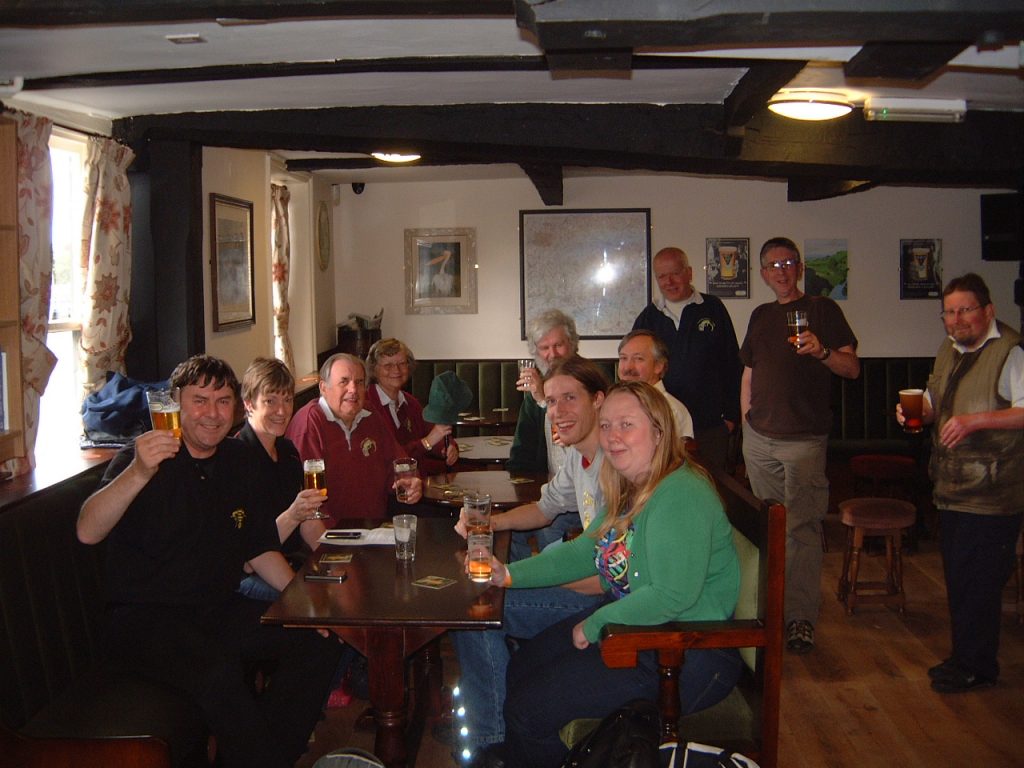

The quality of beer served by Mike at the Pelican is truly superb, helped of course by the excellent products of the Wye Valley Brewery. Although tied to Wye Valley Brewery the Pelican has a wide range of guest beers from independent and micro-breweries. Mike also hosts successful beer festivals at the Pelican. Mike has other skills and interests apart from keeping great beer – he wears colourful and flamboyant shirts, is a master at chess and can unravel a rubics cube with ease, he is an obsessive LEGO and war games enthusiast, and a cricket fanatic.
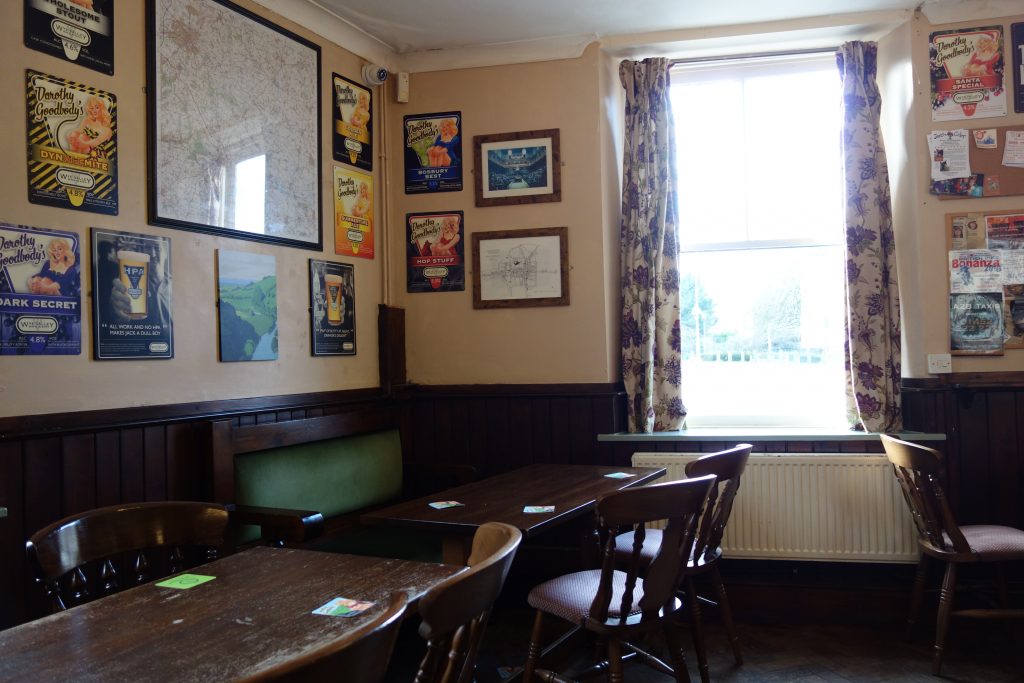
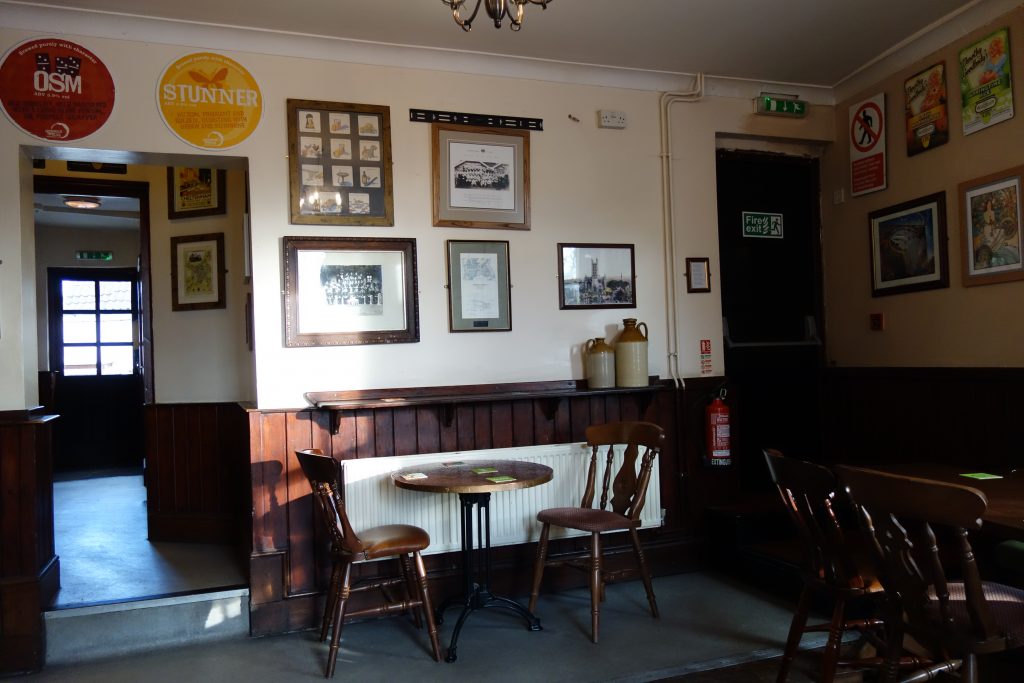
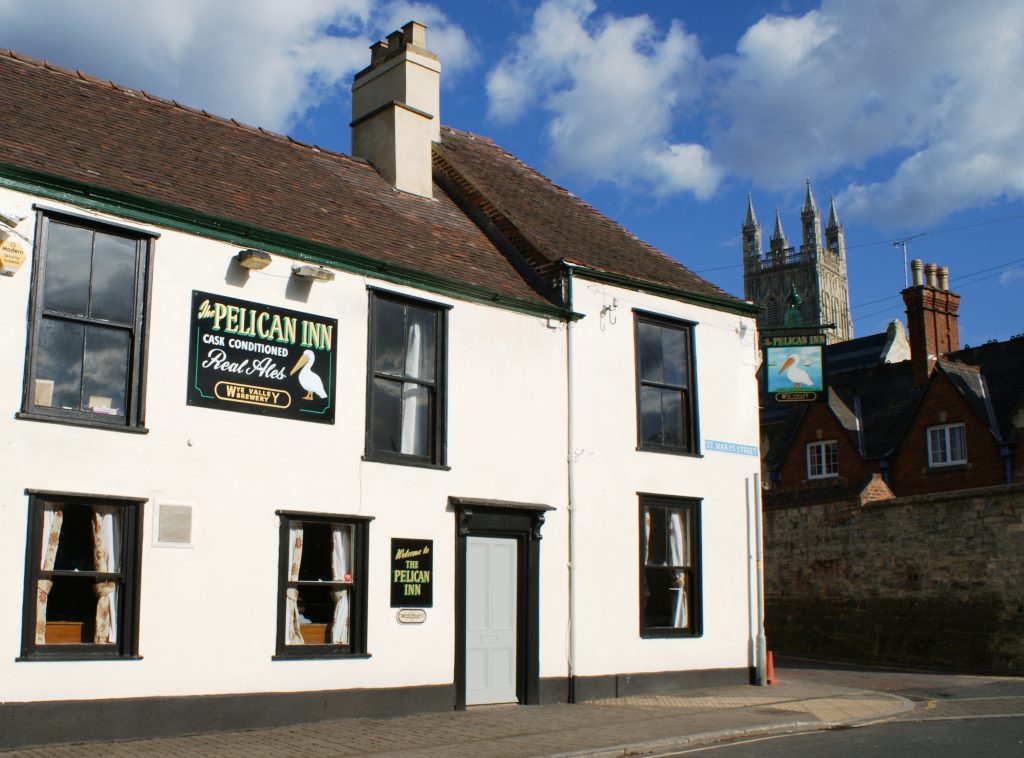

The acquisition by Wye Valley Brewery has been the pub’s saviour, and under their ownership and excellent choice of landlord the Pelican has gone from strength to strength gaining an enviable reputation and provides a text book example on how successful a former run-down can be in the right ownership with strong and visionary leadership. The Campaign for Real Ale has keenly supported the Pelican and the local Gloucester branch has awarded it their Pub of the Year on several occasions. Gloucestershire CAMRA’s accolade culminated in the announcement in April 2020 that it was their nominated Pub of the Year for 2020. An announcement that ironically coincided with lockdown imposed by the pandemic of coronavirus and the compulsory closure of pubs.
The Pelican is currently CAMRA South West Pub of the Year 2022.
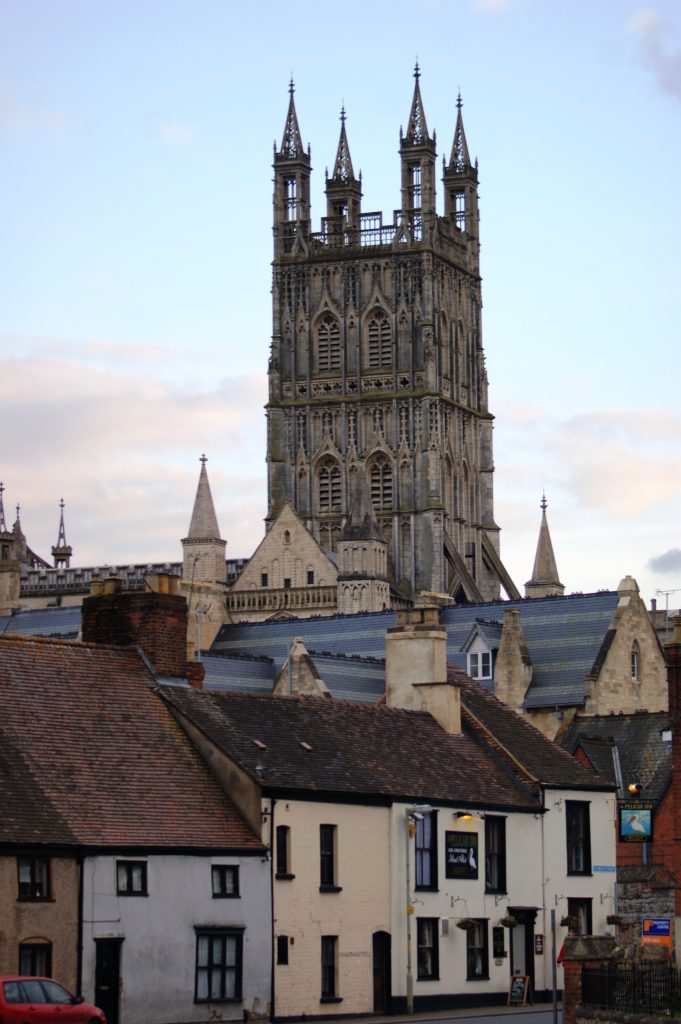

Landlords of the Pelican Inn include:
1702-1709 William Hayes
1710 Anni Hayes
1712-1750 Mary Hayes
1751-1755 John Motlow
1856,1859 Charles Belcher (brewer on premises)
1879 F.H. Stratford (Pelican, Water Street)
1885 Alfred Gyde
1893 E.C. Wilson
1902 George Hy. Wick
1906 Mrs Eva Lane
1907 J. Harris
1919 Mrs Florence L. Cox
1927 Mrs Maud Buckle
1939 Herbert J. Baylis
1957 S. Crowther
1998 Jerry Garrett (College Arms)
1999 Kate Behan (College Arms)
2000 Tracy and Ray Brock (College Arms)
2000,2001 Remko Knuppe and Amanda Rimes (College Arms)
2008 Paul Smith and Alison Hallett (Old Pelican Inn)
2010 Deborah Clemmings
2012 – present Michael Graham Hall

